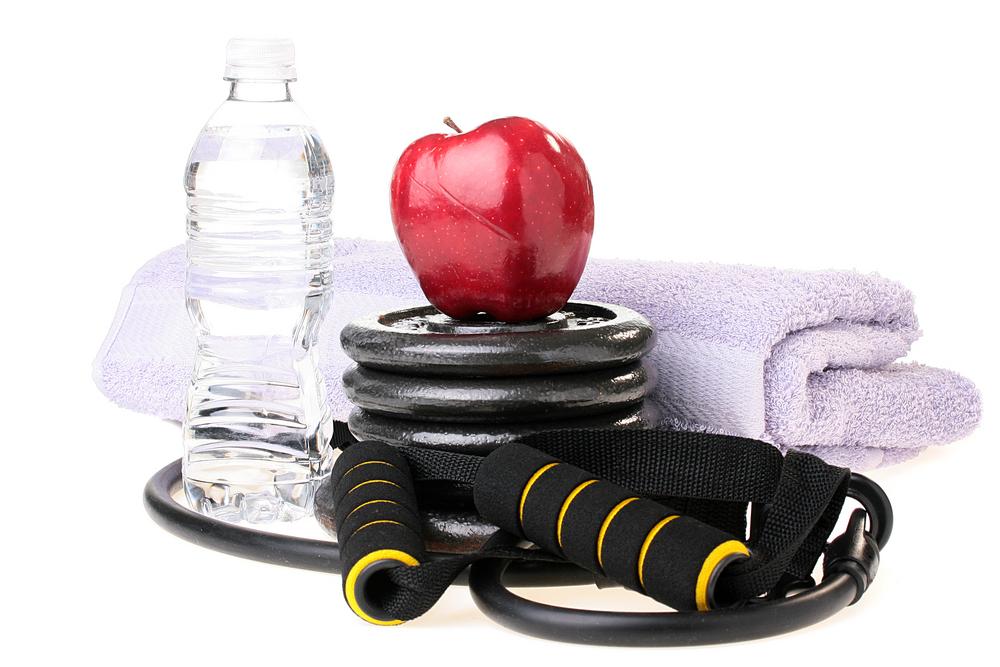
Natural Ways to Improve Immunity
1. Healthy Lifestyle.
Your first line of defense is to choose a healthy lifestyle. Following general good-health guidelines is the single best step you can take toward naturally keeping your immune system strong and healthy. Every part of your body, including your immune system, functions better when protected from environmental assaults and bolstered by healthy-living strategies such as these:
· Don’t smoke.
· Eat a diet high in fruits and vegetables, fibre, healthy fats and lean proteins.
· Exercise regularly.
· Maintain a healthy weight.
· If you drink alcohol, drink only in moderation.
· Get adequate sleep.
· Take steps to avoid infection, such as washing your hands frequently and cooking meats thoroughly.
· Try to minimize stress.
2. Good hygiene.
The first line of defense is to keep germs at bay by following good personal hygiene habits. Stop infection before it begins and avoid spreading it to others with these easy measures:
· Wash your hands with soap and water before preparing food and after using the bathroom.
· Cover your mouth and nose with a tissue when you sneeze or cough, or cough into your elbow rather than your hand.
· Wash and bandage all cuts. Any serious cut, or animal or human bite, should be examined by a doctor.
· Do not pick at healing wounds or blemishes or squeeze pimples. Doing so allows germs to enter.
3. Vaccination.
Many serious infections can be prevented by immunization. While some common side effects, such as a sore arm or low fever, may occur, vaccines are generally safe and effective. Consult your health care provider regarding your immunization status. In general:
· Children should receive the recommended childhood vaccinations.
· Adults should make sure their vaccinations are up to date.
· Travelers should get any necessary additional immunizations.
4. Food safety.
Although most cases of food poisoning are not life-threatening, a few may lead to serious medical conditions, including kidney failure and meningitis. You can prevent most cases of food poisoning in your household by preparing and storing your foods safely. The following precautions will help kill germs that are present in the food you buy and help you avoid introducing new bugs into your food at home:
· Wash your hands with soap and water before and after each time you handle a raw food.
· Rinse all meat, poultry, and fish under running water before cooking. Rinse all fruits and vegetables under running water before cooking or serving them.
· Separate raw foods and cooked foods, and never use the same utensils or cutting boards with cooked meat that were used with raw meat.
· Cook foods thoroughly, using a meat thermometer to ensure that whole poultry is cooked to 180° F, roasts and steaks to 145° F, and ground meats to 160° F. Cook fish until it is opaque.
· Defrost foods only in the refrigerator or in the microwave.
5. Healthy travel.
If you are planning a trip, ask your doctor if you need any immunizations. Discuss your travel plans with your physician at least three months before you leave. In addition:
· If you are traveling to an area where insect-borne disease is present, take and use an insect repellent containing DEET. In many tropical regions, mosquitoes can carry malaria, dengue, yellow fever, Japanese encephalitis, and many other serious infections. In many parts of the United States, ticks in meadows and woods carry Lyme disease or other diseases.
· Avoid getting any unnecessary shots, immunizations, or even tattoos abroad. Needles and syringes (even the disposable ones) are reused in some parts of the world.




